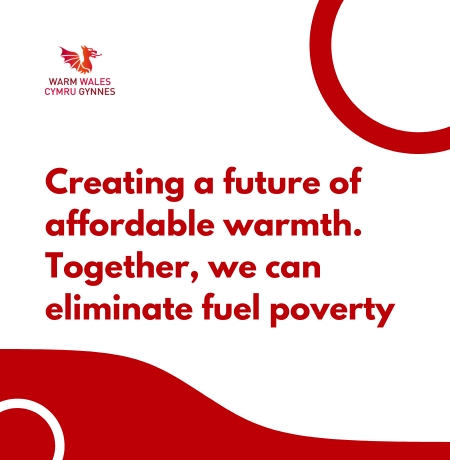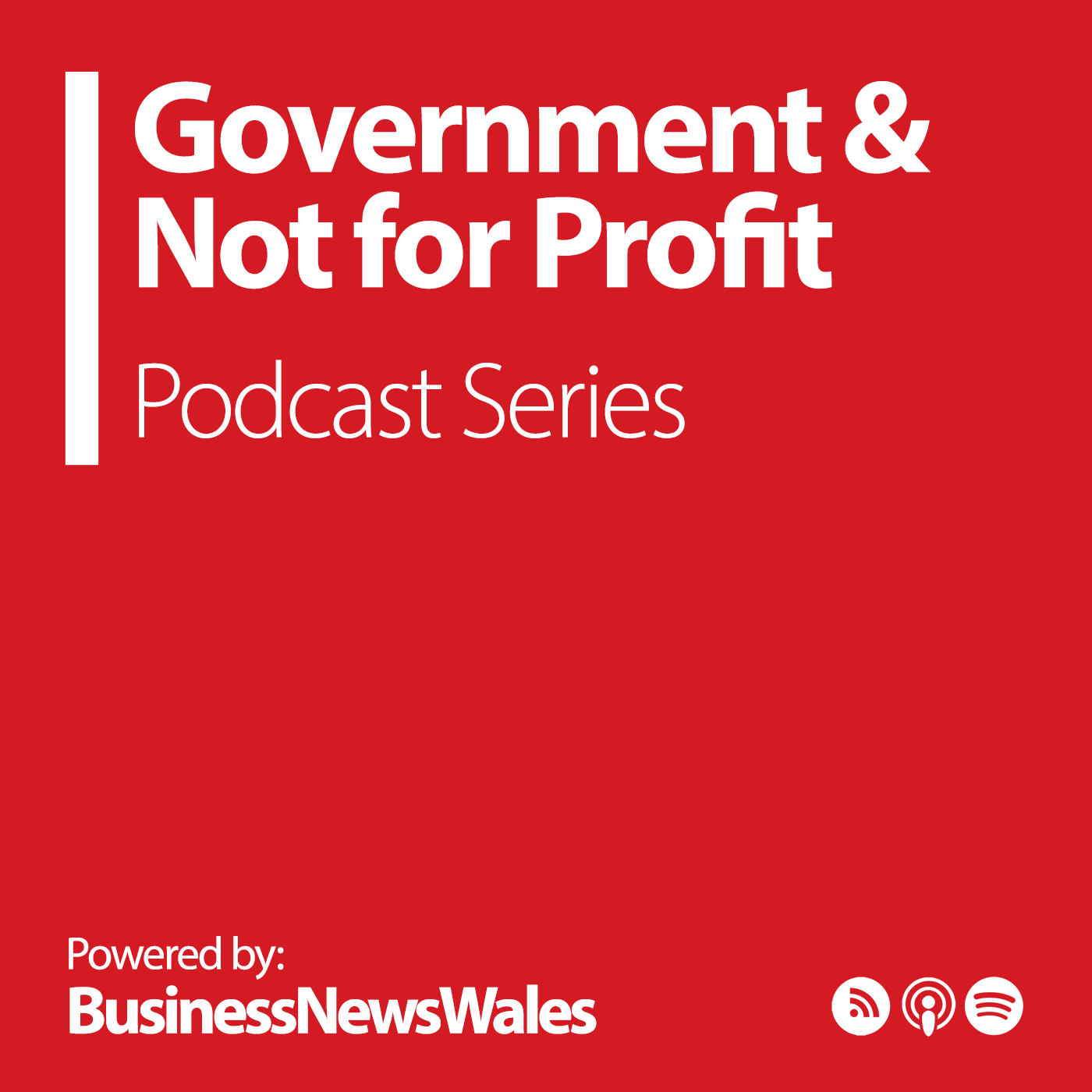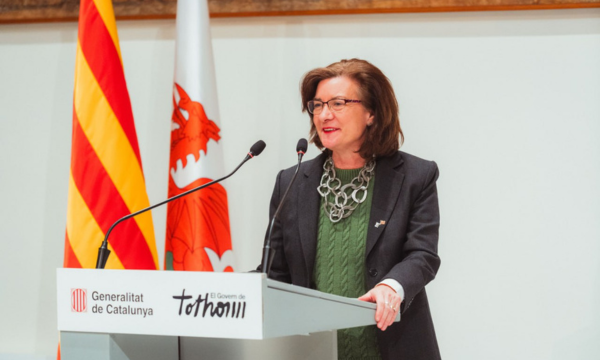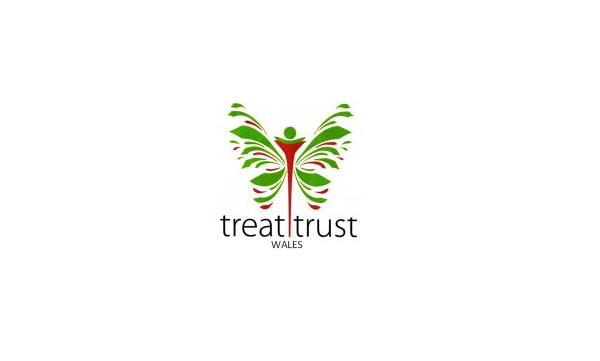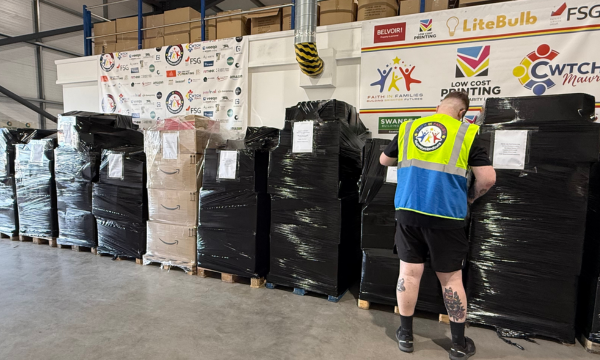Businesses are being called on to play more of a role in supporting voluntary organisations to ensure their survival as financial pressures on the third sector mount.
WCVA has warned that 38% of voluntary organisations it spoke to would have to start considering major steps, including closure, in six months to a year if nothing about their financial situation changes.
WCVA said it was ‘deeply disappointed’ that the Welsh Government’s Draft Budget had no reference to measures aimed at mitigating the impact of forthcoming increases in Employer National Insurance Contributions (NICs) and National Living Wage (NLW) on voluntary organisations in Wales.
Natalie Zhivkova, WCVA’s Policy & Insights Manager, said:
“We also see a worrying continuation of last year’s shift away from long-term thinking and preventative spending in the budget narrative, despite the considerable expansion of Welsh Government’s overall budget.”
WCVA asked 100 voluntary organisations about their priorities for Welsh Government’s budget. The two most common items on their wish lists were multi-year core funding for the sector, and public contract and grant uplifts to account for the increase of Employer NICs and NLW.
Business and third sector leaders say that in the wake of increasing financial pressures a “mindset shift” is needed around how charities and community groups are funded and resourced, as well as how they interact with business.
Owen Derbyshire, CEO of Keep Wales Tidy, said that year-on-year funding models compounded issues as it meant that recipient organisations could rarely plan beyond a 12-month funding period, which limits the impact of charitable activity.
Given the pressures on the public purse, he called on third sector organisations and the private sector to consider how they could work more closely together.
“It’s clear that the current approach to supporting the third sector in Wales is unsustainable, offering a poor deal for charities and the communities we serve,” said Owen.
“With growing economic pressures and constraints on public funding, we urgently need to rethink how we sustain the sector beyond government support alone.
“I believe one opportunity lies in building stronger links between charities and businesses – not just through goodwill donations, but by recognising the immense value these partnerships bring to both sides.
“Businesses should see the third sector as strategic allies – partners who can enhance their operations, help co-deliver services, and properly embed social value into their supply chains. Put simply, working with the third sector offers a unique chance to align commercial success with broader social impact – a win-win.
“Wales’ third sector is home to some of the most professional and dependable delivery partners I’ve worked with. These organisations not only deliver exceptional services but also create lasting social value that extends far beyond the immediate project. It’s vital that businesses recognise this and consider how their procurement processes can be refined to better prioritise the wider benefits afforded by these partnerships.
“At Keep Wales Tidy, we’ve embraced this collaborative approach by diversifying our income streams and forming partnerships with businesses who understand the transformative potential of working with the third sector. Together, we can create stronger, more resilient communities – something that’s good for business, good for the economy, and good for Wales.”
Catryn Newton, Community Investment and Communications Director at renewables firm Bute Energy, said that the future of the third sector in Wales relied on responsible business.
Businesses need to acknowledge that working alongside well-resourced community groups and charities with the financial security to plan over a longer period is key to their own success, she said.
The firm has committed to a Social Value Standard which sees all contractors it works with sign up to investing 2% of the contract value in communities near to its renewable energy parks.
It has also said it will invest up to £7,500 per megawatt of generating capacity into a Community Benefit Fund.
“We are undertaking complex mapping of the third sector and our communities so that we can be really strategic about investing our resources,” said Catryn.
“This will enable the third sector to plan more long term and be less siloed and they can start to be ambitious.
“They have the people and the skills and they know what Wales needs. What they don't have currently is the resource to be able to meaningfully design for social change.”
Paul Shackson, director of Camarilla Group, called on charities and community groups to be “bold” and to approach businesses for support.
“Social value is now an important part of a business’ success story and it’s hard to deliver that without working with charities and community groups,” he said.
“Charities and community groups need to be bold and approach businesses with a partnership mindset – it’s not a begging bowl. They have something that businesses need, and that’s knowledge of the community.
“Businesses then need to listen. It’s no good a business thinking it knows what a charity needs and then imposing it on them. It’s not always about financial donations – it could be about skills being passed on, or practical support given, for example legal or accountancy support.
“This is a great opportunity for businesses to step in for the benefit of everyone. Their customers may rely on these charities and community groups – their staff may do too. Stronger and more resilient communities deliver better results across the board.”
WCVA said that 84% of organisations surveyed said they are concerned about their ability to afford the rise in Employer NICs, with 50% stating they are ‘very concerned’. 77% expressed concern about affording the new NLW.
To accommodate these substantial increases:
- 50% of organisations are considering using more charity reserves
- 40% are considering not offering pay rises to match inflation
- 34% may reduce the number of full-time staff
- 26% may reduce the number of part-time staff
- 24% are considering reducing service delivery
- 14% are considering service closure
Natalie said:
“It is clear that many voluntary organisations will not be able to weather this storm without appropriate financial support. In the worst case scenario, can we afford 14% of voluntary sector services closing this year?”
Read more from Owen Derbyshire on the opportunities for more effective business and third sector partnerships here

